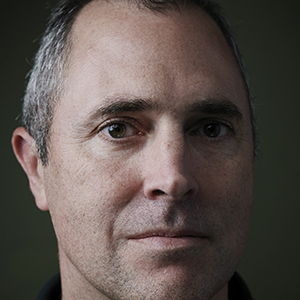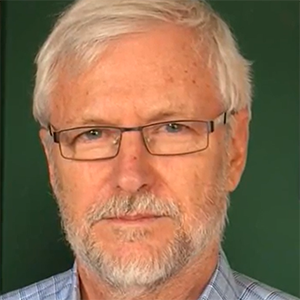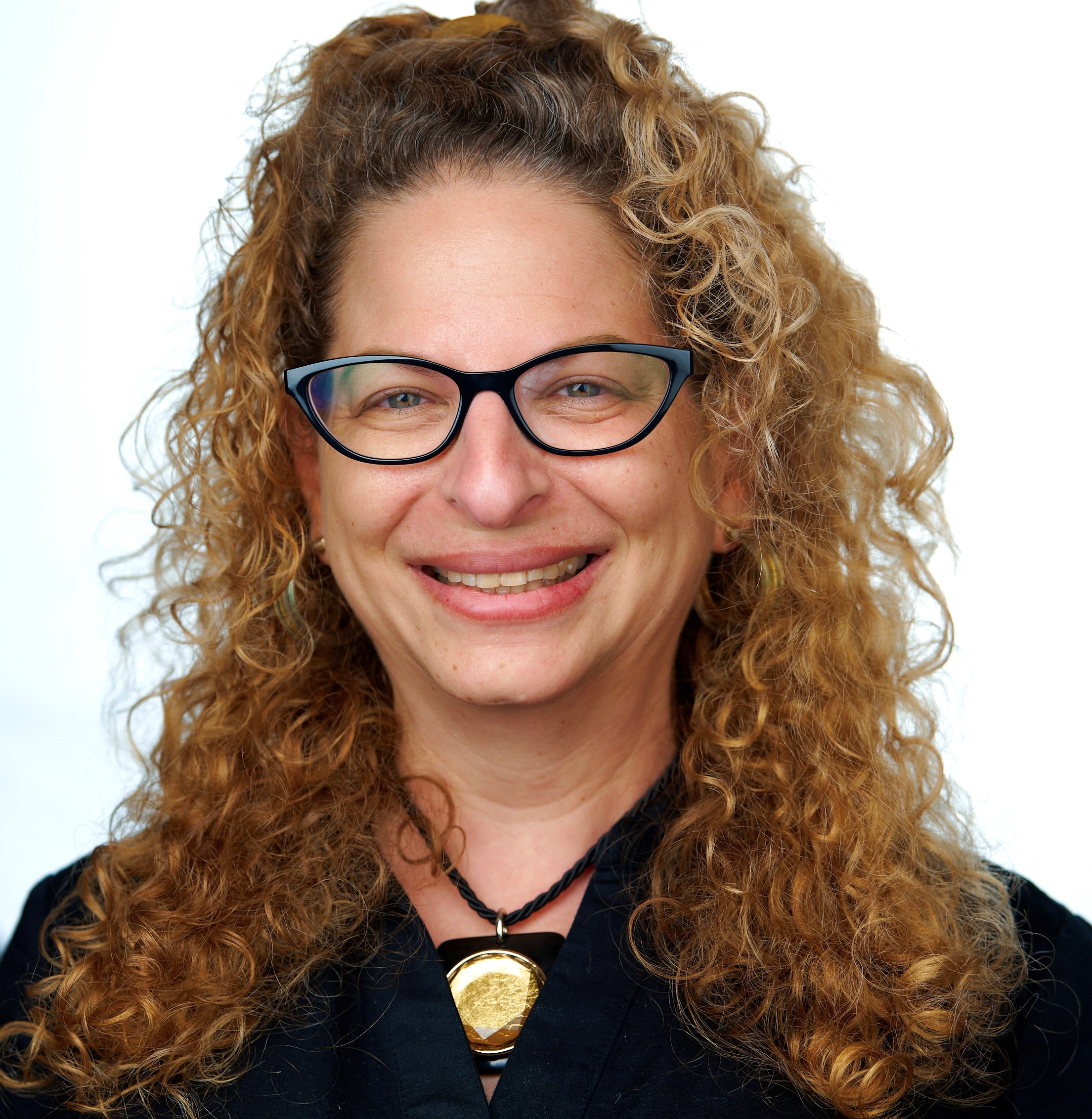September 8-10, 2022
Chicago, IL
Thank you to the Ninth Peer Review Congress 511 participants from 37 countries, the 55 podium speakers, 125 poster presenters, and our sponsors and exhibitors.
What? The Congress provides a forum for the presentation and discussion of new research into the quality and credibility of peer review and scientific publication, to establish the evidence base on which scientists can improve the conduct, reporting, and dissemination of scientific research.
See the Program
Who? Participants include editors and publishers of scientific peer-reviewed journals, researchers, funders, bibliometric and informatics experts, information innovators, librarians, journalists, policymakers, ethicists, scientific information disseminators, and anyone interested in the progress of the scientific information enterprise and the quality of scientific evidence.
The Congress embraces a wide range of disciplines, including biomedicine, health and life sciences, applied sciences, basic sciences, physical and chemical sciences, mathematics, computer sciences, engineering, economics, and social sciences as well as new and emerging disciplines.
Why? Our aim is to encourage research into the quality and credibility of peer review and scientific publication, to establish the evidence base on which scientists can improve the conduct, reporting, and dissemination of scientific research.
The Ninth Peer Review Congress features 3 days for presentations of new research into peer review and all aspects of scientific publication, bias, quality of reporting, and information access and dissemination.
This year’s meeting is hybrid, and all plenary sessions will be livestreamed with opportunities to view presentations and engage with participants in person and virtually during and after the meeting.
50 Plenary Session reports of original research
86 Poster Session reports of original research
39 Virtual Poster Session reports of original research
Plenary Session Topics
September 8
Authorship, Contributorship, and Misconduct
Diversity, Equity, and Inclusion
Editorial and Peer Review Models
Pandemic Science
September 9
Author and Peer Reviewer Guidance and Training
Peer Review
Dissemination of Clinical Trial Findings
Grant Review and Funded Research
September 10
Data Sharing and Access
Preprints
Open Science, Reproducibility, and Postpublication
Peer Review
Social Media and Citations
Equal time for presentation and audience participation

Invited Speakers

Inaugural Drummond Rennie Lecture
Bias, Spin, and Problems With Transparency of Research
Dr Isabelle Boutron is professor of epidemiology at the Université de Paris and head of the Methods Team (INSERM- Epidemiology and Statistics Research Centre-CRESS). She is director of Cochrane France and co-convenor of the Bias Methods group of the Cochrane Collaboration and member of the SPIRIT-CONSORT executive committee. Her research focusses on meta-research, methodological issues of assessing interventions (blinding, external validity, complex interventions), transparency, reporting guidelines development and implementation and research synthesis. She led the Methods on Research in Research (MiRoR) project, an innovative and ambitious joint doctoral training program in the field of clinical research that is funded by Marie Skłodowska-Curie Actions.

Improving the Research Culture to Increase Credibility of Research Findings
Dr Brian Nosek is co-founder and executive director of the Center for Open Science (COS) that operates the Open Science Framework (OSF), acollaborative management service for registering studies and archiving and sharing research materials and data. The COS is enabling open and reproducible research practices worldwide. Brian is also a professor in the Department of Psychology at the University of Virginia. He received his PhD from Yale University in 2002. He co-founded Project Implicit, a multi-university collaboration for research and education investigating implicit cognition—thoughts and feelings that occur outside of awareness or control. Brian investigates the gap between values and practices, such as when behavior is influenced by factors other than one's intentions and goals. Research applications of this interest include implicit bias, decision-making, attitudes, ideology, morality, innovation, barriers to change, open science, and reproducibility.

Inaugural Douglas G. Altman Lecture
Barriers to Using Research: Reducing Flawed, Inappropriate, and Poorly Reported Research
Paul Glasziou, is professor of evidence-based practice and director of the Institute for Evidence-Based Healthcare at Bond University in Queensland, Australia, and was director of Oxford University's Centre for Evidence-Based 2003-2010. His research focuses on improving the clinical impact of publications by reducing the more than $100 Billion annual loss from unpublished and unusable research. As a family practitioner this work has particularly focused on the applicability and usability of published trials and reviews.

Developing and Testing a Schema for Collecting Information on Gender, Ethnicity, and Race in Scholarly Publishing
Dr Holly J. Falk-Krzesinski is Vice President, Research Intelligence with the Global Strategic Networks team, currently on secondment with Strategy, at Elsevier. Her key role is giving voice to research and library leaders at universities, funders, and science policy organizations to help deliver the most impactful and inclusive research information solutions to support research globally. She has been co-chair of the Gender Equity Taskforce, advocating for greater diversity in the STEMM workforce, promoting sex/gender/intersectional-based analysis in scientific research and scholarly publications, advancing journal editorial board diversity, and co-authoring Elsevier’s 2 global gender analytics reports. She has been leading Elsevier’s efforts, in collaboration with the 52-member, multipublisher Joint Commitment for Action in Inclusion and Diversity in Publishing group, to develop a global framework to consistently collect gender identity and race and ethnicity data across scholarly communication and editorial workflow platforms.

Peer Review in the Age of Open Science
Tony Ross-Hellauer is leader of the Open and Reproducible Research Group at Graz University of Technology and Know-Center in Graz, Austria. With a background in information science and philosophy, his research focuses on a range of issues related to open science evaluation, skills, policy, governance, monitoring, and infrastructure. Tony has previously served as principal investigator of the EC Horizon2020 project ON-MERRIT (researching issues of equity in Open Science, 2019-2022), Scientific Manager for OpenAIRE, and Editor in Chief of the open access journal Publications.
